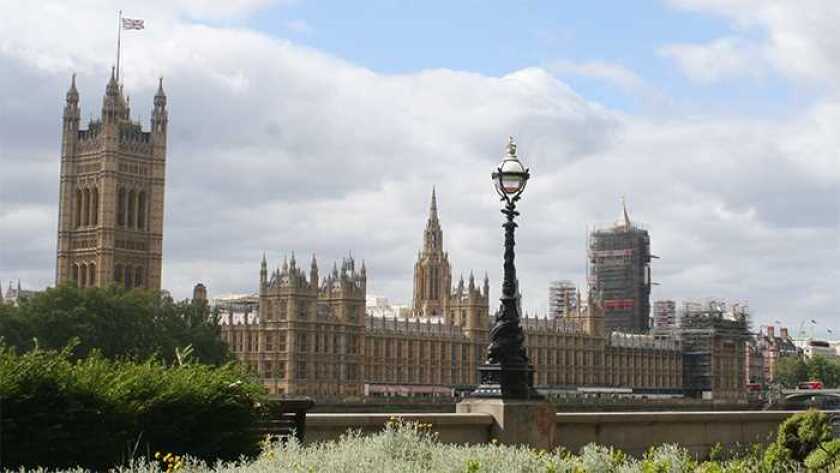Japanese company NEC appears set to benefit most from the ruling, with the company beginning a neutral open radio access network (open RAN) project that should see trials of 5G services in 2021.
“We see this project as a catalyst for NEC introducing open RAN into the UK and enabling the acceleration of 5G deployment,” said Chris Jackson, CEO of NEC Europe, this morning.
Oliver Dowden, the secretary of state at the Department of Digital, Culture, Media and Sport (DCMS), said: “The project is another step in NEC’s growing commitment to the UK and follows the establishment of the company’s global open RAN centre of excellence in the UK.”
At the same time the UK has tightened up the rules set earlier this year, which banned operators from buying Huawei kit after the end of December.
Though there was guidance from the security services that companies should stock up on Huawei spares, for installation after 1 January 2021, now the government is telling companies no new installation can be made after September 2021.
The UK has not stated any security reasons. In a statement published today the DCMS says the ban is “in response to US sanctions” on Huawei.
DCMS warns: “As a result of these decisions, the UK Radio Access Network market will become increasingly reliant on just two suppliers — Nokia and Ericsson. This national dependence on just two suppliers represents a serious risk to the resilience of our critical national infrastructure.”
NEC said its project will be used to test and demonstrate a multiple operator, neutral host solution using an open RAN ecosystem. NEC said it considers the planned architecture to be scalable and to have potential on a global scale beyond the UK.
“The project objectives are to reduce costs and drive efficiencies enabling rural communities and businesses to prosper by removing the digital divides that still exist in the UK and the rest of the world,” said NEC.
The UK government said: “In order to kickstart the process of diversification and build momentum we are making early progress by establishing a SmartRAN Open Network Interoperability Centre (SONIC) that will create a platform for existing and emerging suppliers to come together to test and demonstrate interoperable solutions.”
The UK will fund “a range of trials that utilise open-interface technologies as part of the DCMS 5G Testbeds and Trials Programme. These projects will begin to grow the ecosystem for the testing, development and deployment of interoperable technologies in the UK.”
And the UK government is setting up a National Telecoms Lab, described as “a state of the art research and development facility that will drive forward security, performance and resilience testing of new suppliers and technologies”.
The new rulings apply only to mobile networks, and more particularly to 5G networks. DCMS said it “is conducting a technical consultation which will inform our approach to accelerating diversification within fixed networks”. The problem is that, if it bans Huawei from fixed broadband networks, the only supplier left in that market is Nokia.
The UK government says that, on 5G, it “recognises the need to move at pace and to ensure the process of diversification gathers momentum as quickly as possible”, which is why it will “commit an initial investment of up to £250 million, to drive early progress”.
Apart from the National Telecoms Lab “to test security, resilience and performance of our networks and interoperable deployment solutions” this will be spent on “a major open RAN trial in the UK” that will lay the foundations for rollout in UK networks.
The UK says it wants to lead “a global coalition to take collective action to open up the market and establish a competitive and sustainable supply chain”.






